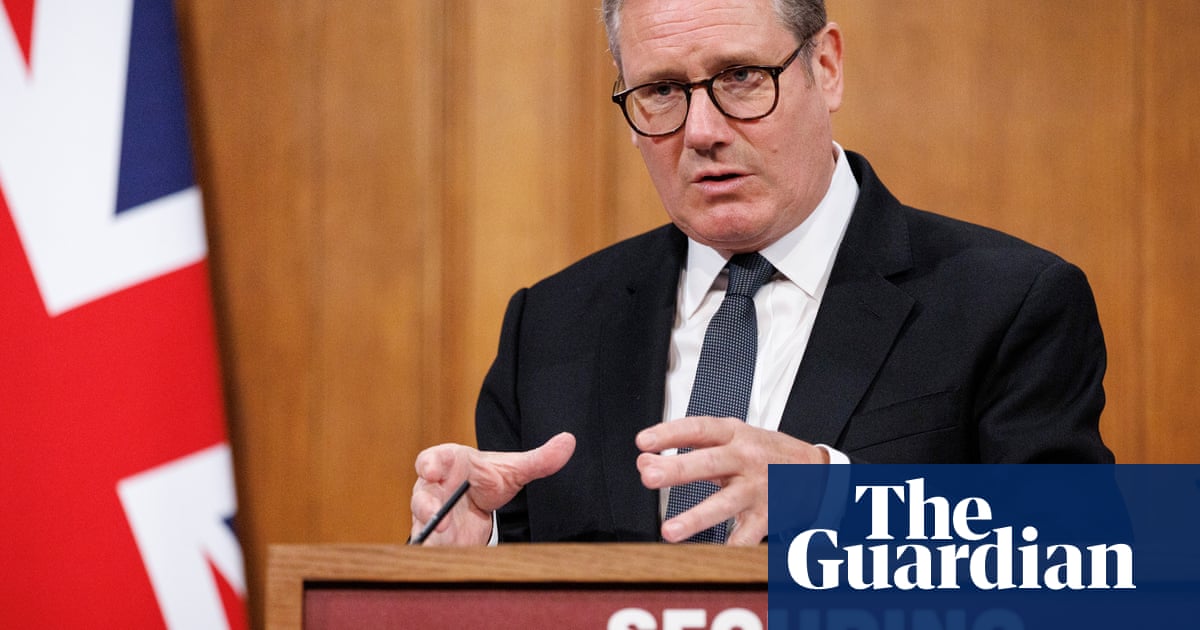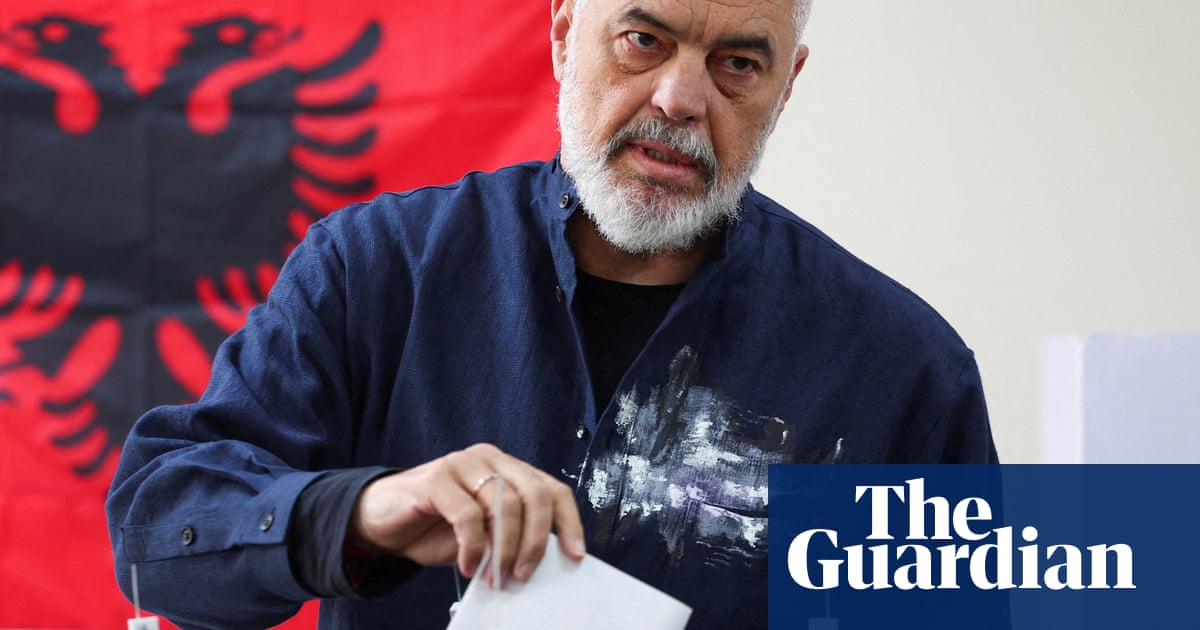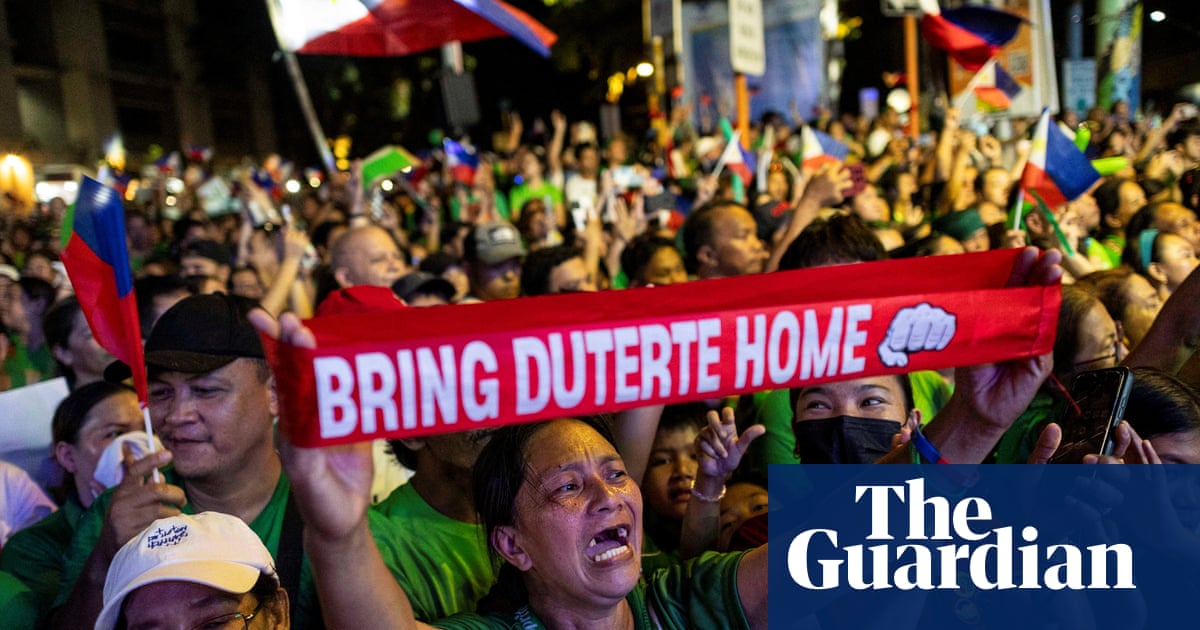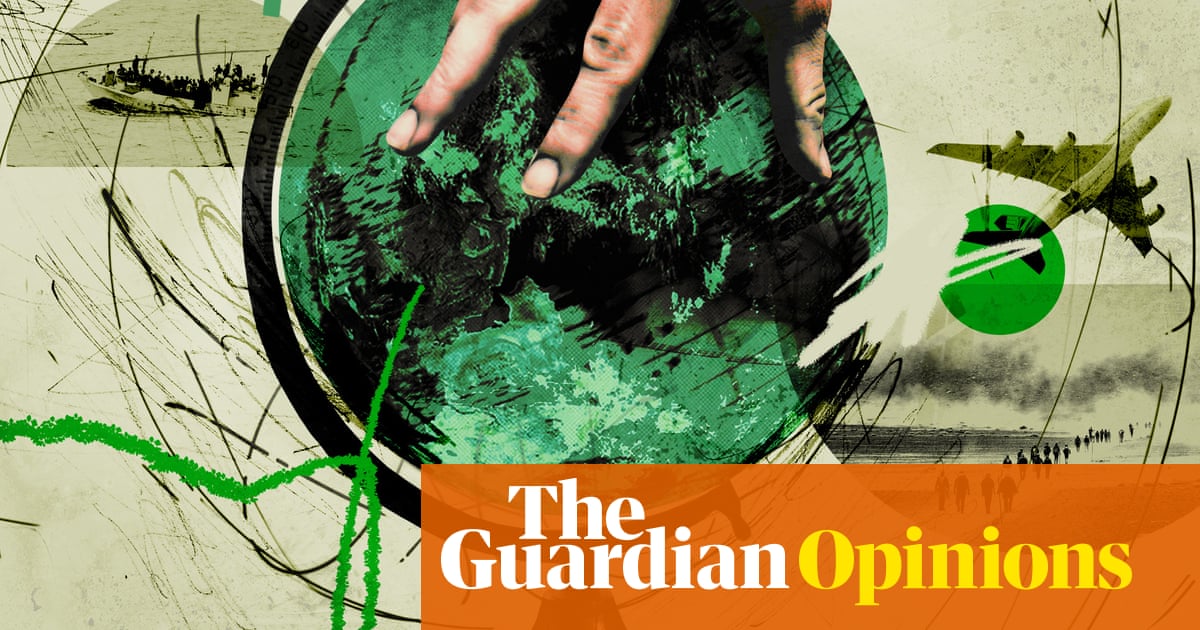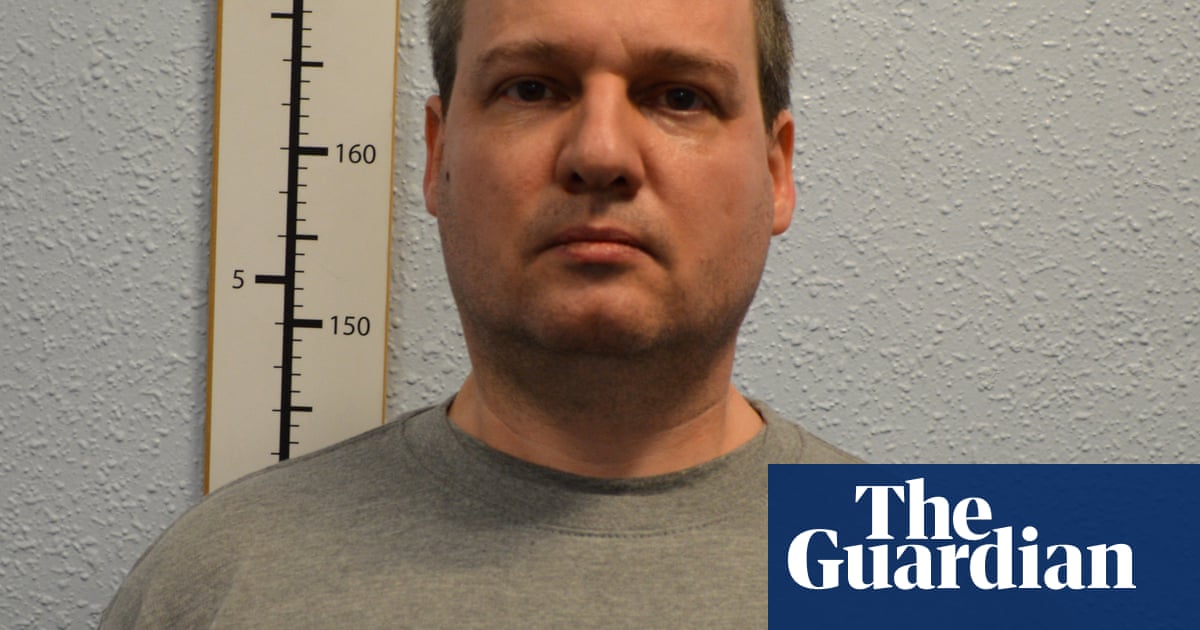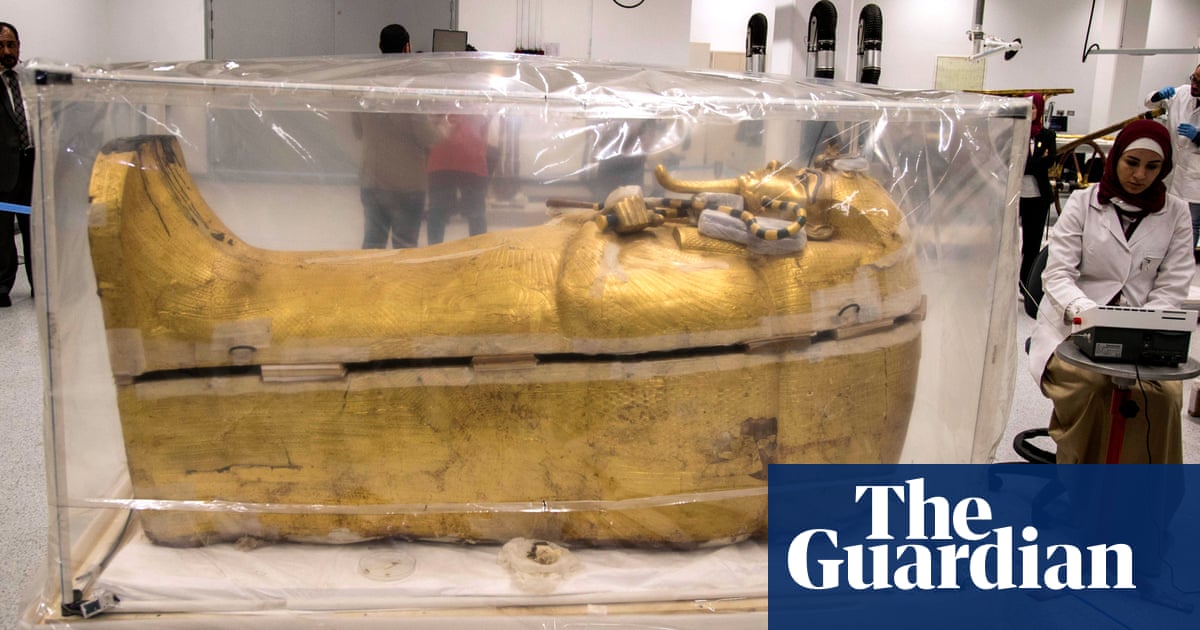Donald Trump’s first few weeks in office have sent a clear message: that he will support Benjamin Netanyahu’s vision for the permanent expulsion of Palestinians from Gaza.
This was evident even before his incoherent press conference on Tuesday with the Israeli prime minister, the first foreign leader to visit the US since the president’s inauguration. As usual, Trump began his speech by listing all his so-called achievements in the region – many illegal under international law – of his previous term, including the moving of the US embassy to Jerusalem, recognition of Israel’s unlawful annexation of the Syrian Golan, and the Abraham Accords. Once he finished bestowing accolades upon himself, he presented his administration’s future plans for Gaza.
What followed was a stream of contradictions: he claimed that there would be no rebuilding in Gaza and also claimed that the US would lead the efforts in rebuilding; he claimed that Palestinians would have to leave and then said that the US would create jobs there for all people, not “just a specific group of people” and that Palestinians would continue to live there. The cognitive dissonance was palpable, and there were moments when even Netanyahu seemed confused. Trump also put forward the idea of US “ownership” over Gaza – whether or not that would mean the deployment of US troops was not confirmed. The ambiguity surrounding this statement reflects Trump’s usual incoherent rhetoric, but it also reflects his recently expressed desires to expand US territory, including to Canada and Greenland.
Within a week of the inauguration, the Americans were putting pressure on Egypt and Jordan to take in forcibly displaced Palestinians, in order to “clean out” Gaza. While some commentators and journalists in the mainstream media have expressed outrage at what amounts to a proposal for ethnic cleansing, they are conveniently forgetting that at the beginning of the genocide, the Biden administration was also floating the idea of expelling Palestinians to the Egyptian Sinai, in addition to consistently supplying the Israeli regime with weapons that aided the killing of more than 60,000 Palestinians. This kind of selective outrage over what Trump says versus what the Biden administration actually did is undoubtedly one we will see on repeat in the coming years.
However, crucially, it is essential to understand this not simply as a declaration of ethnic cleansing but also as a desire to continue the genocide the Israeli regime has been committing against Palestinians in Gaza for the past 16 months. It is equally essential to acknowledge how this genocide has expanded in the West Bank, where the Israeli army is razing refugee camps to the ground and displacing thousands of Palestinians. Jenin refugee camp, which has been enduring a weeks-long invasion by the army, has seen all of its residents forcibly expelled, dozens killed including children, and entire neighbourhoods blown up. This assault is clearly an assault on Palestinian life itself, and the aim is quite simple: to rid the land of as many Palestinians as possible.
In the face of all of this, Palestinians have not been passive actors – just as they never have been. Over the past 16 months, Palestinians in Gaza have also shown us what resistance to genocide looks like. They have refused to leave their homeland after massive destruction – the likes of which we have not seen in our lifetime. After Trump’s comments, Palestinians in Gaza have defiantly taken to social media to tell the leader of the most powerful country in the world that they will not leave their land. For example, the Gaza-based journalist Abubaker Abed wrote: “How can my future be decided by someone else? … We are here. And we won’t leave.”
This is hardly surprising. For more than seven decades, the Palestinian people have endured systematic killing, incarceration and displacement from their ancestral homeland by the Israeli regime. Yet they have fought their erasure tooth and nail. So while Trump’s comments are alarmingly genocidal, it is clear that he underestimates the Palestinian determination to stay on their land.
-
Yara Hawari is co-director of Al Shabaka, the Palestinian Policy Network
-
Do you have an opinion on the issues raised in this article? If you would like to submit a response of up to 300 words by email to be considered for publication in our letters section, please click here.

.png) 3 months ago
26
3 months ago
26
